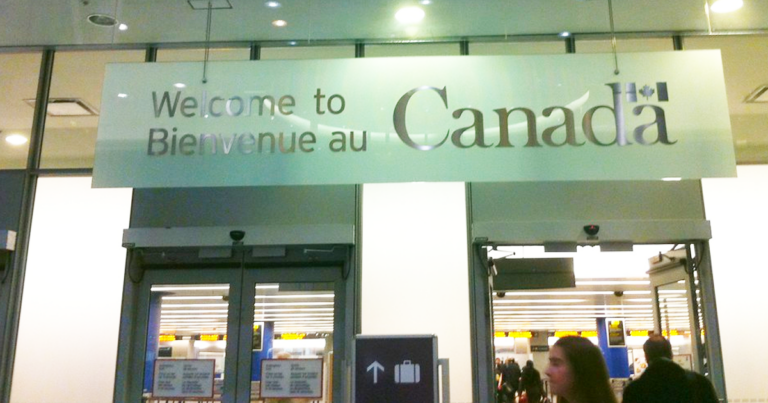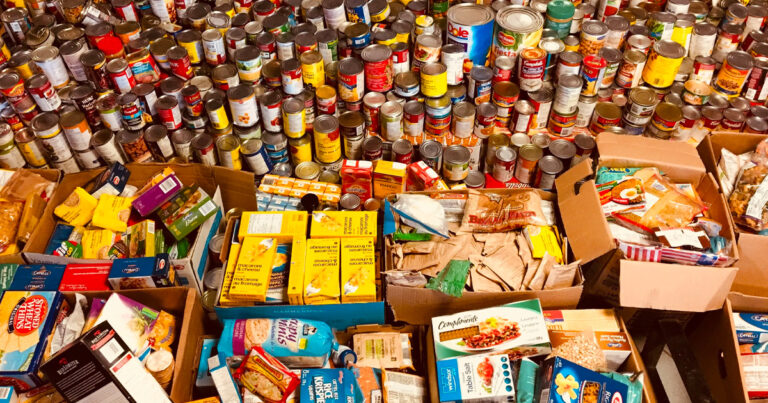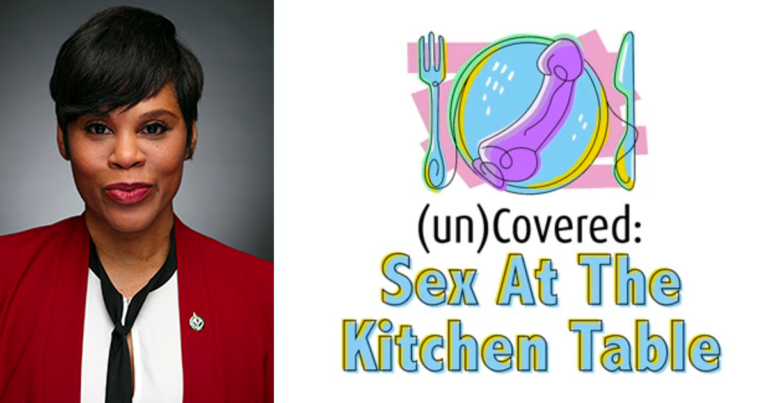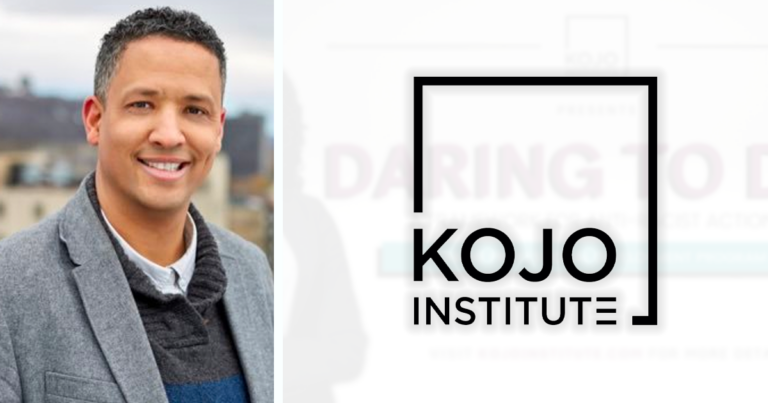Buying a new vehicle in Canada hit a record high in June, up 21% since last year, due to record high interest rates and supply chain issues.
The AutoTrader index price report revealed that the average price of a new vehicle in Canada shot up a whopping 47% in the last four years, making the new average $66,288.
“You’re talking about double-digit increases. I don’t think we’ve seen that before,” said Baris Akyurek, vice-president of insights and intelligence for AutoTrader.
Alberta and B.C. are the provinces paying the highest prices for new vehicles. The average price for a new vehicle was $69,764 in Alberta and $67,807 in B.C.
Ontario is not much better off, with an average price of $64,807, up dramatically from $53,136 from this time last year. Quebec also saw a massive spike in price going from $50,023 in 2022 to $64,215.
Some auto industry experts believe that drivers will now have to downgrade their vehicles and extend their loans so that they will be able to keep up with their payments. Higher lease and finance rates have increased auto loan delinquencies as well, which are currently at a 15 year high.
“We are seeing delinquencies in the auto space ticking up and that adds on to the ability to qualify and the financing rates that consumers could face. Interest rates are high and still going higher and we know that institutions are being more careful now in their lending practices,” said Rebekah Young, head of inclusion and resilience economics at the Bank of Nova Scotia.
“There’s not a lot of reprieve for people looking to finance a vehicle in this type of environment,” said Young.
The 2022 data report from Canadian Automobile Dealers Association (CADA) found that almost 1.64 million new vehicles were sold across Canada in 2022 from 3,430 different dealerships.
“I think we’re at a 7-per-cent average interest rate for vehicles. That has [had] an effect, but it hasn’t had [the] effect on demand as we thought it would, yet,” said Charles Bernard, lead economist at CADA. “If you go to a lot and you want a vehicle right now, supply is getting to a point where, most of the time, you’ll be able to get it at a price, to be fair, that is not even close to what the pre-pandemic prices were.”
Canadians paid an average of $797 for their monthly car payments in June of this year. A tough payment in comparison with June of 2019, when monthly payments were at $577 per month. According to AutoTrader, monthly payments have shot up 38% over the last 5 years.
The effect of interest rates hasn’t really been felt yet, according to Black Book’s senior analyst Daniel Ross.
“If you want to get into a new car with a new payment, it’s going to be a very surprising reality.” said Ross. “The result will be consumers downgrading their vehicle and elongating their terms of financing or leasing. They’re looking at all avenues to make their monthly payment more palatable once they get into the new car market.”
The supply chain of new vehicles has also been disrupted by the B.C. port workers’ strike, contributing to low post-pandemic levels.
“New inventory has been slowly, gradually, moving up. Based on the marketplace data, we’re up by 58 per cent for June, 2023, over June, 2022. But when you compare this data to 2019, we are down by 46 per cent. Despite the fact there has been improvement, we’re still well below 2019 levels,” said Akyurek.









